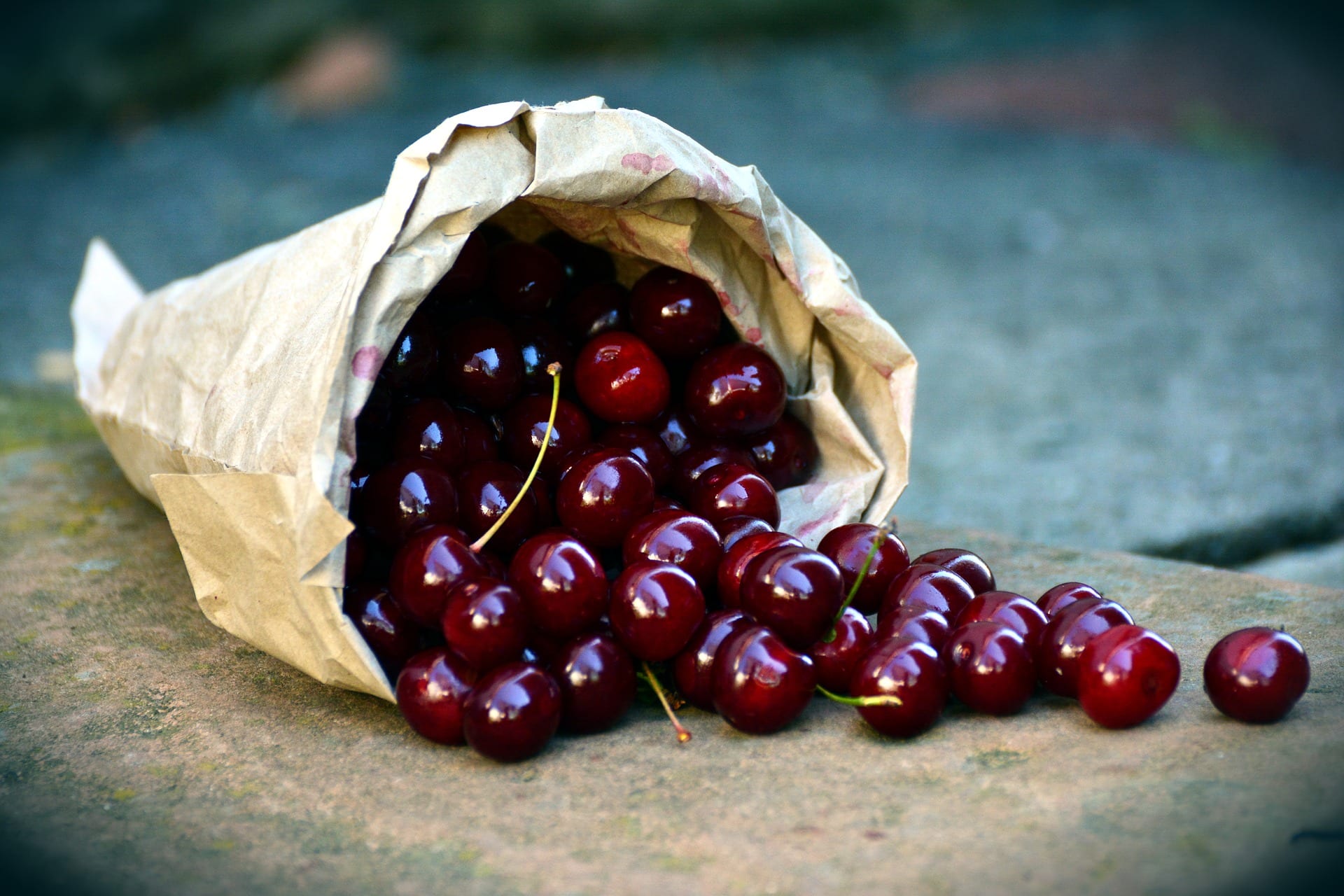Fruit isn’t making you fat
When I work with a new client, there is almost always a sort of heart breaking moment when I give them “permission” to eat something they had decided was bad for them. It’s often something relatively mundane. Egg yolks. Baked potatoes. Bananas. Red meat. Raisins. Ordinary foods to which they had developed a sort of fear-based aversion. Sometimes I ask a client why they think a food is bad for them. They often give a sort of science-y answer that involves words like “carbs” and “calories” and that has no real root in actual science.
Many of our food fears are just beliefs about food. We don’t even know why we believe what we believe. A belief is just an idea that has been repeated over and over again. Sadly, because the medical field is quite separate from the nutrition field, your doctor, whom you may trust inherently, might have given you very specious nutritional advice. Or the news offered you something in a sound bite. Or some trainer at the gym. We develop our ideas about what is good for us from a piecemeal compilation of information that comes from people who probably don’t know much about the subject.
It can all feel very overwhelming. Michael Pollan did such an incredible job with his 2009 book Food Rules: An Eater’s Manual. It really breaks down the answer to the question of “Should I eat it?” into bite size (sorry for the pun) thoughts that are easy to remember. Some of my favorites are, “If your grandmother wouldn’t recognize it as food, don’t eat it” and “ Eat as much junk food as you want as long as you make it yourself.” I’m paraphrasing but that’s kind the point. The ideas are truthful but anecdotal, easy to remember, not convoluted by numbers and math problems and non-intuitive ideas about food.
You can ask yourself some of these simple questions when you feel overwhelmed. Pick up the book if you like (a light and casual read or get the lovely illustrated version by Maira Kalman). Or just flip over your box of snacks and read the ingredients list. If you recognize most of the ingredients, it’s probably food. If you think you could, given the right equipment, make it yourself, it’s probably food. Is it a one ingredient food, like olive oil? Or even better, a one ingredient food without a package like carrots? It’s DEFINITELY food.
I am not food.
Food does not need to be a science based decision. Years ago, before going to nutrition school, I did a diet that was very popular for a time and very effective. But when I tell you it required me to carry around a calculator and notebook to do complex math equations in order to decide what to eat, I am not joking. It was not fun. It was not intuitive. And it was not worth the trouble, frankly.
I want you to find joy in the eating process. If that means a smear of mayonnaise on your sandwich, please, please, please eat it. The irony is, I hear clients draw strange lines in the sand (“I can’t eat mangos because the carbs are too high”) and then turn around and eat a donut and a mocha at the end of the day when their blood sugar is low. It’s not logical. But then again, most of what we ought to be doing around food isn’t logical: it’s biological. Lean into that.
Begin today by eating real food. Or mostly real food. And see how your body responds (I bet it thanks you with a good night’s sleep and a quality poop in the morning.) I help clients find peace around food decisions and find creative solutions to breaking old and limiting beliefs around their bodies. If you need help with this, please reach out to me and let’s talk.
